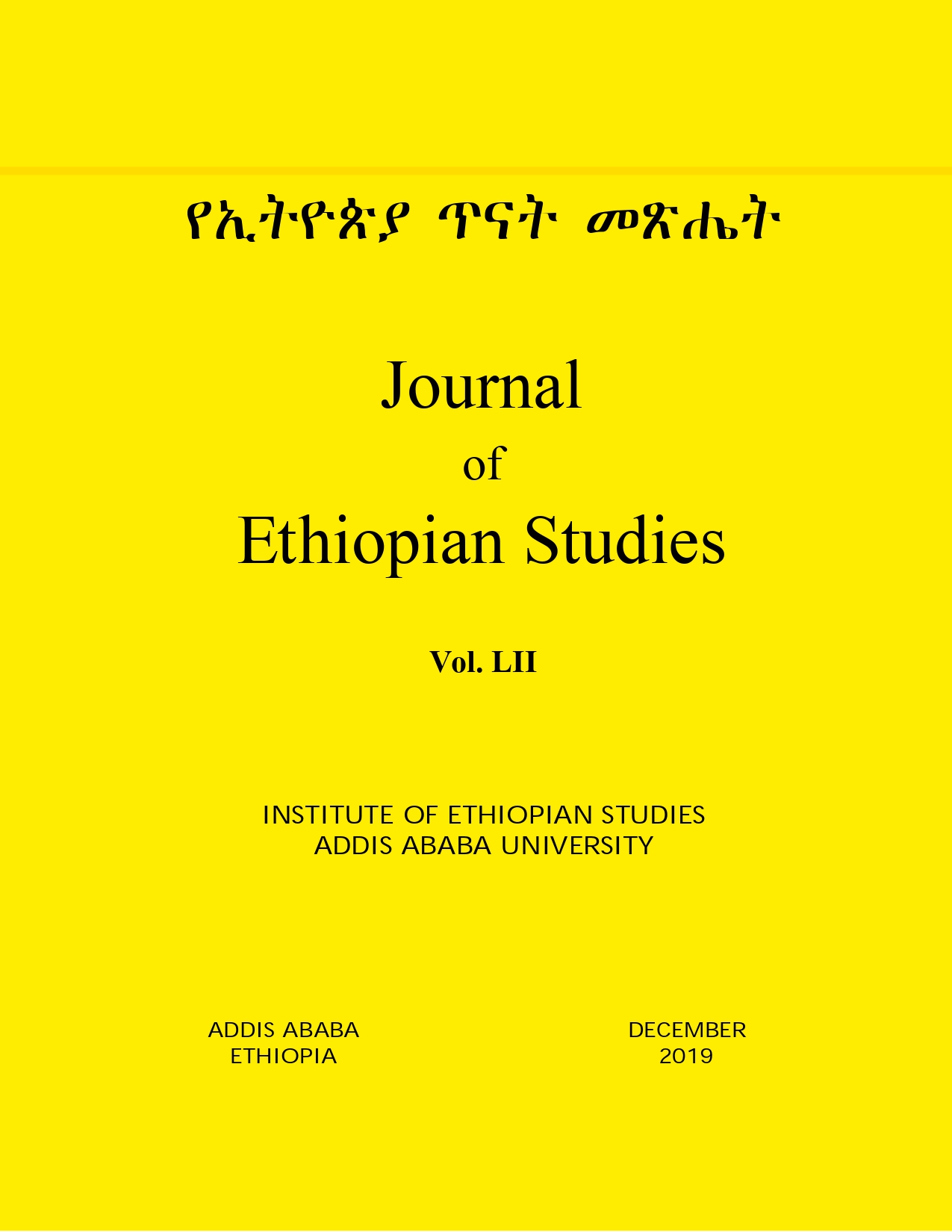Pioneers of the Ethiopian Resistance against Fascist Italian Occupation: 1936 1937
Abstract
In the epoch of African resistance and challenge against European colonialism, the Ethiopian case occupies a unique position. Italy and Ethiopia entered into bitter periods of hostility twice, one in 1895-96 and the other in 1935-41. In both periods Italy attempted to colonize Ethiopia, and the latter strove to protect and respect its sovereignty. In the 1st epoch Ethiopians scored a decisive military victory at the Battle of Adwa over Italy in 1896 and, thus, assured Ethiopian independence, whereas in the 2nd Italy conquered Ethiopia and declared it its colony. But Italy’s declarations to the external world of their victory over Ethiopia were more political than a true account of the real situation in the country. The Ethiopians soon resorted to resistance which they conducted in two phases: the transitional phase (1936-37) and the popular phase (1937-41). Both phases were characterized by an unbroken spirit of resistance. However, scholars have paid not only less attention to the Ethiopian resistance in general and the transitional phase in particular but their studies are, in the main, skewed more to Europe than to Ethiopia. At the national level published works offer a chapter or so or at the most biographical works or a case study of some aspects of the resistance. In this respect, there is no specific study on the transitional phase. So, this formative period of the Ethiopian anti-Fascist Italian opposition deserves more attention by scholars. This study, therefore, aims to bring some aspects of the transitional phase more to the open by focusing on certain issues such as formation, leadership and attempts and challenges at coordinating the struggle. The study is chiefly based on the historical analysis and interpretation of published and unpublished sources as well as oral information. Some of the findings include lack of modern arms and logistics of warfare on the part of the Ethiopians, inability to transform the opposition in terms of techniques of warfare from conventional to guerrilla war tactics and, again, inability to win and ally some disaffected people towards the Ethiopian case. It is hoped that this study would fill in some of the gaps in the Ethiopian resistance.


